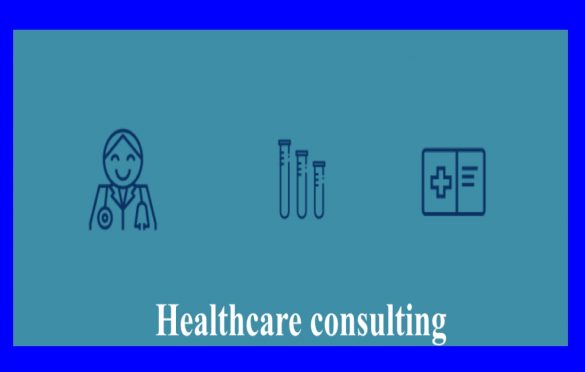
Healthcare Consulting: Top Trends to Follow
The healthcare industry is seeing unprecedented change at the moment, with new technologies and services offering significant opportunities for growth. It’s become increasingly clear to many organizations that they need to diversify their product lines to grow – something which is especially true in the case of health insurance companies.
Even the most successful insurance companies still see many of their customers choosing to use the government’s Medicare plan, which is why they’re now making plans to capture market share from smaller, more localized health providers.
Healthcare Consulting agencies are leading these changes, and helping organizations grow through diversification. As modern technologies and services continue to transform the industry, this trend will accelerate. Here are some other trends fueling this industry for 2022 and beyond.
Table of Contents
Health Insurance Changes

As the number of people with chronic conditions grows, the healthcare industry has been forced to adapt. With more individuals than ever before requiring long-term care and management of chronic conditions such as heart disease or diabetes, health insurance companies have had to alter their product offerings.
One outcome of this change is that, in many cases, patients are covered even if they have pre-existing conditions. It means that more people are looking for insurance that will cover them no matter what their state of health might be, including high-risk individuals who insurers would have previously rejected.
Another outcome is the “rising patient” concept, where health insurance companies offer more services to help patients with chronic conditions manage their health. It includes healthy living programs, remote doctor consultations, preventative care, etc.
5G Technology for Healthcare Industry
5G technology will significantly impact the healthcare industry due to its low latency, high speeds, and massive connectivity. For example, 5G could lead to real-time telemedicine networks with more than 10 Gbps data transfer rates. It would also make video consultations accessible on mobile devices.
Telemedicine networks are not the only things that can benefit from 5G technology. It could also bring about clinically-driven health care optimization to monitor patients, manage services, and adjust treatments based on real-time data.
Other possible developments include hospital pilots using 5G for autonomous driving cars, telemonitoring via mobile devices, and collaborating medical technologies between multiple facilities.
5G networks are already being tested in select locations, though widespread availability is still some time away. While the overall 5G rollout will take years, it’s almost certain that by the end of the year, there will be at least one country with a functional 5G network up and running.
5G is better known as the “fifth generation” mobile communication technology. It’s believed that there are significant opportunities for growth within the healthcare industry, with 5G networks offering improved speed and latency over existing 4G technologies.
Healthcare Analytics
One growing area in the healthcare sector is big data and healthcare analytics. This industry involves using patient data – from traditional sources such as electronic records and new sources such as wearable devices, which track a user’s activity levels – to gain insights into how patients interact with their healthcare services.
In turn, this provides valuable information for improving services and developing new products.
Leveraging IoT for Growth
The Internet of Things (IoT) growth is another significant opportunity many healthcare providers embrace. It includes everything from connected medical devices to wearable technologies that collect patient data.
While each individual application has its own benefits, the overall appeal is creating a more connected world that allows supported health care to be delivered remotely.
Artificial Intelligence in Healthcare
Technology plays a role here, with companies offering new services based on artificial intelligence (AI) technologies. These include things like voice-based virtual assistants and chatbots, which can handle basic healthcare questions and queries.
When combined with the Internet of Things (IoT) technologies, this can exponentially increase how accessible health care is to everyone and will increase opportunities for healthcare consulting.
Mobile Healthcare Apps
There’s a growing trend towards mobile health apps. These services offer personalized self-help tools that can be accessed anywhere and everywhere. And also, they’re becoming incredibly important for many users.
Some of the most popular include HealthKit (Apple), Google Fit (for Android), Microsoft Health (Windows phones), and Samsung S Health.
Healthcare Services That Cater to an Aging Population
As populations continue to age throughout many countries, healthcare providers are now offering services specifically designed for older individuals.
These include things like brain fitness software used to help keep the mind active and healthy or online platforms. If that provide an alternative way for seniors to communicate with their family members.
The Bottom Line
While it’s true that many industries are feeling the pressure of technological change. The healthcare industry is one that’s poised to benefit from it. There are various technology-based opportunities available across the healthcare spectrum (from insurance and diagnostics to remote surgery.
Healthcare consulting agencies are bound to take advantage of this as well, and
various changes are expected to start being implemented within the next decade.


